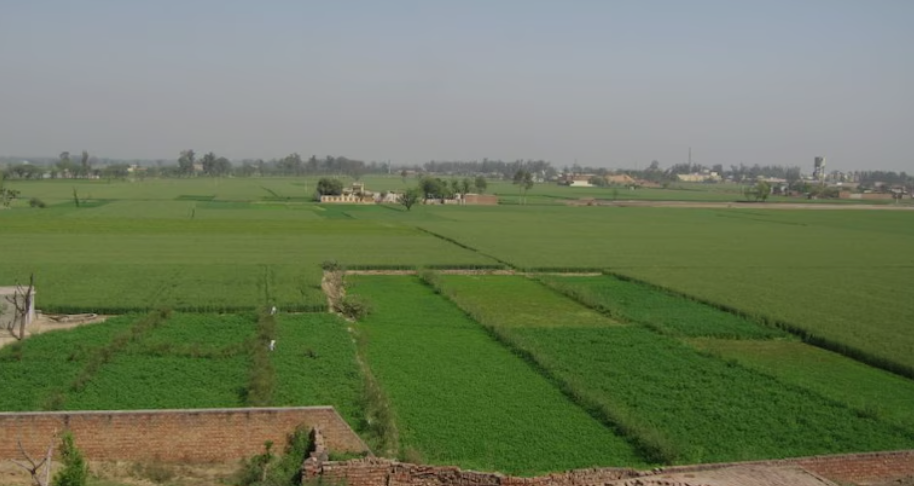Union Cabinet Approves Two Umbrella Schemes for Agriculture (GS Paper 2, Government Policies)

Overview
The Union Cabinet, led by Prime Minister Narendra Modi, has approved a significant restructuring of agricultural schemes in India. This initiative aims to streamline existing Centrally Sponsored Schemes (CSS) by consolidating them into two major umbrella programs:
- Pradhan Mantri Rashtriya Krishi Vikas Yojana (PM-RKVY)
- Krishonnati Yojana (KY)
Together, these schemes will operate with a total budget of ₹1,01,321.61 crore.
Details of the Schemes
Pradhan Mantri Rashtriya Krishi Vikas Yojana (PM-RKVY)
- Objective: To promote sustainable agriculture practices across states.
- Flexibility: States can adopt a "cafeteria" approach, selecting solutions tailored to their specific agricultural needs and challenges.
- Focus Areas: Infrastructure development, technology transfer, and skill enhancement to improve farmers' income and agricultural productivity.
Krishonnati Yojana (KY)
- Objective: To achieve food security and enhance self-sufficiency in agriculture.
- Integration: Focuses on incorporating modern farming techniques and organic practices, promoting crop diversification, and improving market access for farmers.
Implementation Strategy
The implementation of these schemes will be a collaborative effort with state governments, building on existing initiatives while introducing new elements for increased efficiency:
Key Components and Missions:
- National Mission for Edible Oil-Oil Palm (NMEO-OP): To enhance domestic production of edible oils.
- Clean Plant Program: Ensures the availability of disease-free plants for farmers.
- Digital Agriculture: Leverages technology to improve farming practices and operational efficiency.
- Mission Organic Value Chain Development for North Eastern Region (MOVCDNER): Focuses on promoting organic farming in the Northeast, providing tailored features for regional needs.
State Strategic Planning: States are encouraged to create a Comprehensive Strategic Document for their agriculture sector, addressing:
- Crop production and productivity.
- Climate-resilient agriculture practices.
- Efficient value chains for agricultural goods.
Importance of the Changes
The restructuring of these agricultural schemes is crucial for several reasons:
- Eliminating Duplication: By merging programs, the government aims to avoid overlapping efforts, ensuring that resources are utilized effectively.
- Addressing Key Challenges: The new approach seeks to tackle issues such as food security and sustainable farming.
- Empowering States: States will be encouraged to develop detailed agricultural plans that cater to their unique challenges and opportunities.
- Simplified Approval Process: The merging of various smaller schemes into larger ones will streamline the approval of state Annual Action Plans (AAP).
Financial Overview
The total budget of ₹1,01,321.61 crore will be allocated as follows:
- Central Government Share: ₹69,088.98 crore
- State Government Share: ₹32,232.63 crore
Specific allocations include:
- PM-RKVY: ₹57,074.72 crore
- Krishonnati Yojana: ₹44,246.89 crore
Background of the Schemes
- About PM-RKVY: Launched in 2007, this scheme aims to enhance farmers' income and promote agricultural growth by allowing states the flexibility to prioritize local agricultural needs and supporting a range of activities focused on sustainability.
- About Krishonnati Yojana: Introduced in 2016, this initiative emphasizes productivity improvements and sustainability, integrating modern agricultural techniques while also focusing on skill development and infrastructure improvements to help farmers access markets effectively.
Conclusion
- The approval of these two umbrella schemes represents a strategic move by the Indian government to bolster agricultural productivity, ensure food security, and promote sustainability.
- By streamlining these programs, the government aims to enhance the efficiency of farming practices, better support farmers, and prepare India to meet future agricultural challenges effectively.


